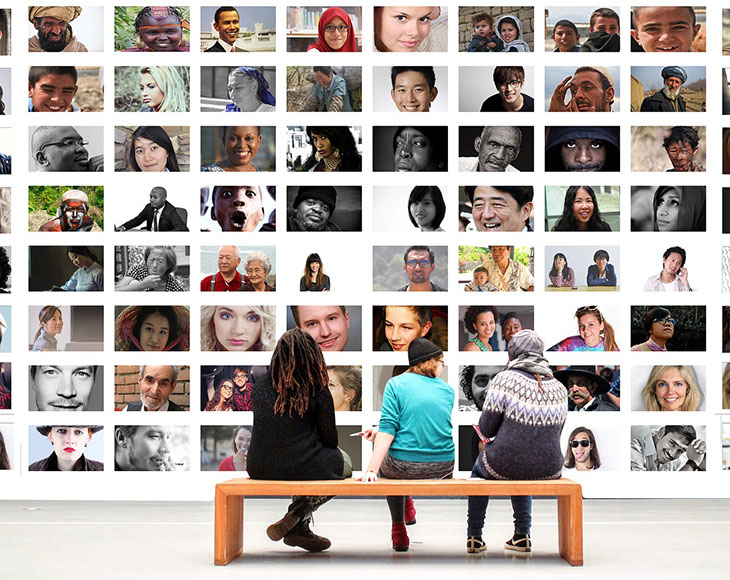October 30th, 2019 | Sterling
The Pitfalls of Social Media Checks and How to Avoid Them

Social media checks can be an incredibly useful tool in your pursuit of quality candidates and may bring to attention potential negative behaviours that can halt a hiring decision. In contrast, it may also shine a light on positive characteristics that bolster a candidate’s application. As the personal and professional worlds collide, it is essential that these checks are carried out in a methodical and compliant way to avoid landing your business in hot water. According to CareerBuilder research, seven in 10 employers use social networking websites to research applicants during the hiring process, and nearly half of employers use these platforms to monitor existing employees. However, it seems many employer’s may be carrying out “off-the-record” checks, with Sterling’s 2018 trends report indicating that 60% of organisations claim not to perform any social media searches. Choosing to approach social media in this way can bring with it a host of complications that may lead to inadvertent discrimination and bias.
The consequences of uncontrolled screening
If your organisation opts to conduct social media screening in-house, it is vital that this is approached with caution, you have the consent of the individual, and are fully aware of the legitimate reasons you can disqualify a candidate from the application process. Uncontrolled social screening can lead to increased employer liability and opens the door to possible discrimination and data protection claims. As reported in the Independent, a marketing company in Texas recently faced public backlash over its mishandling and conduct of an applicant through social media. The organisation in question, shared a swim suit image of a candidate from her own social media profile, and posted this to their company Instagram. They did so with the aim of highlighting the candidate as a bad example to others, suggesting an applicant shouldn’t share their social media profile if it contains this type of content. This view has faced fierce criticism from the public as well as the candidate herself, claiming the company objectified her image, and acted in an unprofessional and inappropriate manner themselves. Actions such as those could potentially damage a brand’s reputation in the public eye and deter other candidates from applying.
It’s important to note, that if an organisation identifies anything that could affect the application of the candidate, that they are fully transparent in communicating this with them and that they give ample opportunity for the applicant to respond and explain prior to making a decision.
Put into Action a Clear and Concise Screening Policy
As social media screening increases in popularity, a consideration for your organisation could be to develop a clear and concise policy as part of the recruitment process. Should a job applicant challenge your decision-making, this puts your organisation in good stead to defend itself. These policies and procedures also help your organisation promote consistency and compliance in the workplace. However, if your business is in doubt about any facet of the screening process, the best course of action may be to consult legal counsel and outsource to a trusted third-party screening provider.
Why Outsource Social Media Checks?
Choosing to outsource your organisation’s social media checks can help ensure they are conducted as part of a robust and structured screening programme. This removes any employer bias, only targeting user generated information relevant for the hiring decision, which in turn, helps make the process more compliant and objective. To mitigate the risks of discriminatory hiring decisions a trusted third-party vendor should consider aspects within the Equality Act 2010 such as ‘protected characteristics’, which includes race, religion, sexual orientation, age, disability, sex, gender reassignment, marriage or civil partnership, and pregnancy and maternity. Ultimately, a social media check exists to help offer a complete picture of the candidate and provides insight for a more informed hiring decision. This can help avoid costly bad hires and works to protect the company’s brand and reputation by instilling a foundation of trust and safety for all.
Are social media checks on your organisations radar? Get in touch today to find out more.
This publication is for informational purposes only and nothing contained in it should be construed as legal advice. We expressly disclaim any warranty or responsibility for damages arising out this information. We encourage you to consult with legal counsel regarding your specific needs. We do not undertake any duty to update previously posted materials.
